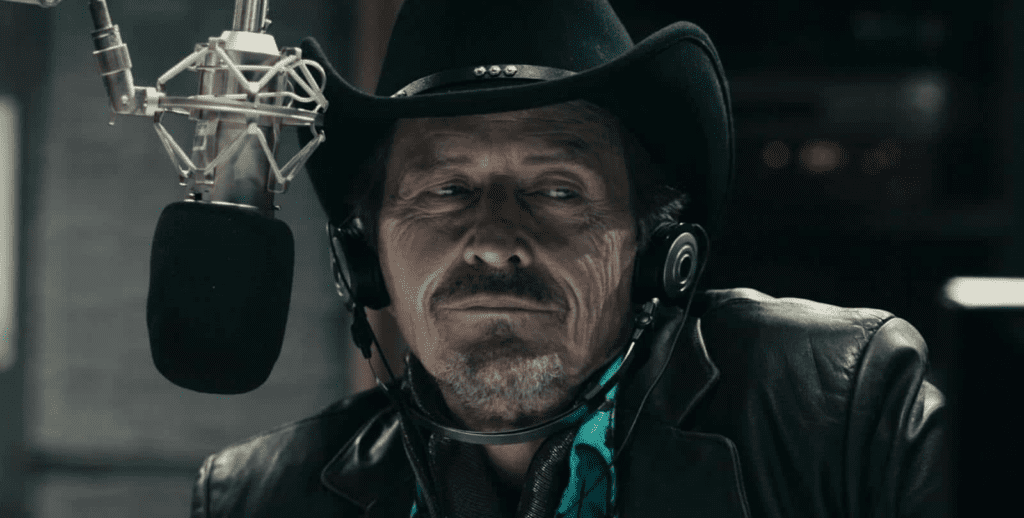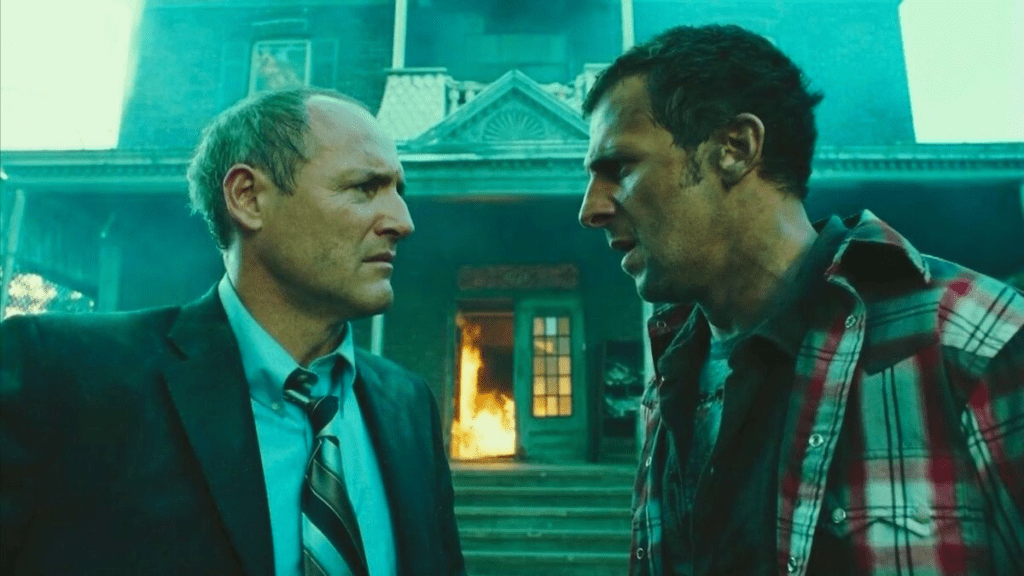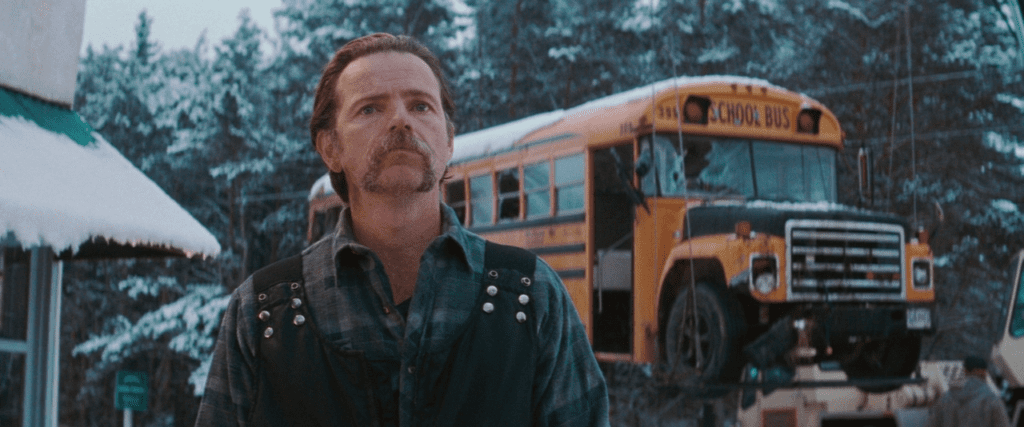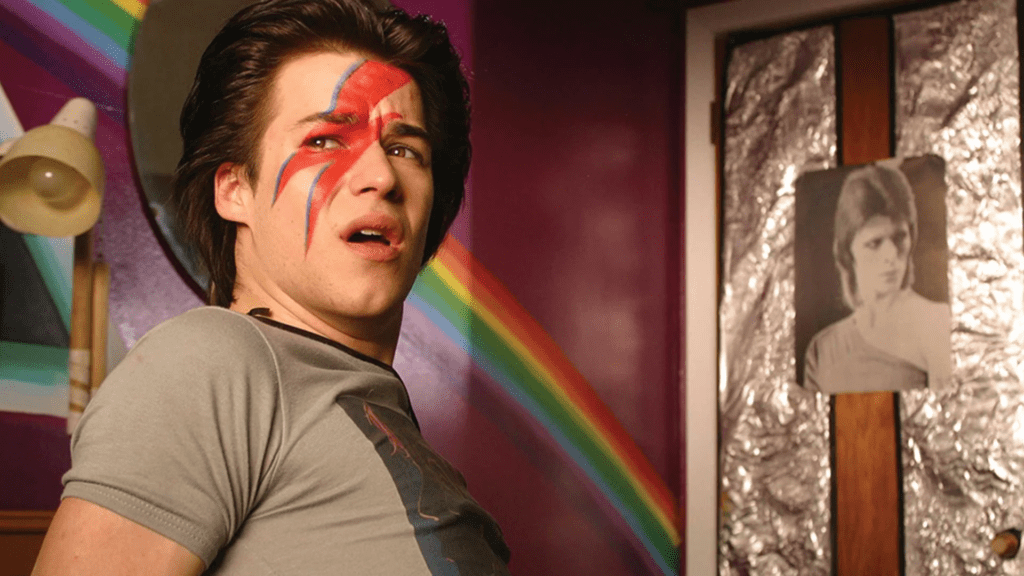Best Canadian Movies: Exploring the Cinematic Gems of the Great North
Canada’s film industry is often overlooked in favour of Hollywood’s glittering blockbusters or Europe’s avant-garde cinema. Yet, Canada boasts a rich and diverse filmography filled with unique storytelling, unforgettable characters, and cinematic brilliance that captures the essence of its culture. Whether you’re into thought-provoking indie films, spine-chilling horror, or action-packed thrillers, Canadian cinema has something for everyone. So, what are the best Canadian movies that you should watch? Let’s dive into some of the most iconic films made in the Great White North.
The Cultural Impact of Canadian Cinema
Before we explore specific films, it’s essential to understand the cultural significance of Canadian cinema. Canadian filmmakers are known for weaving social commentary, identity, and politics into their narratives. The vast landscapes of Canada, combined with its multicultural society, allow directors to create films that resonate globally while retaining a uniquely Canadian touch. Themes of survival, identity, and community are recurrent in many of the country’s films.
1. Pontypool (2008): A Psychological Zombie Thriller
If you’re a fan of horror with a twist, Pontypool is an absolute must-watch. Directed by Bruce McDonald, this psychological thriller combines horror with cerebral storytelling, delivering a truly unique cinematic experience. Unlike your traditional zombie flick, Pontypool isn’t about flesh-eating monsters terrorizing the streets it’s far more nuanced.

Plot Summary: The story unfolds in a small Ontario town where a radio host named Grant Mazzy (played by Stephen McHattie) receives reports of strange, violent behaviour spreading through the town. But here’s the catch: the virus isn’t transmitted through bites or blood it’s spread through language. This innovative twist makes Pontypool stand out as one of the most creative entries in the zombie-horror genre.
Why It’s Great: The film’s use of confined space (most of the action takes place in a radio station) builds tension and enhances the psychological horror. As Mazzy and his team attempt to unravel the mystery, the movie keeps viewers on edge, exploring themes of communication, fear, and isolation.
2. Strange Brew (1983): Canadian Comedy at its Finest
Now, if you’re looking for something on the lighter side, Strange Brew offers a perfect dose of Canadian humour. This film, directed by Rick Moranis and Dave Thomas, is a hilarious take on the famous characters Bob and Doug McKenzie from SCTV’s “Great White North” sketch.

Plot Summary: Bob and Doug (played by Moranis and Thomas, respectively) are two bumbling brothers who stumble upon a brewery conspiracy. Their goal? To score free beer, of course. Along the way, they encounter mad scientists, corporate greed, and, naturally, a lot of beer-drinking hijinks.
Why It’s Great: Strange Brew is the epitome of Canadian comedy, filled with slapstick humour, absurd situations, and a whole lot of “eh’s.” The McKenzie brothers’ lovable idiocy captures a part of Canadian culture that remains relevant even decades after its release. If you’re looking for a movie that doesn’t take itself too seriously, Strange Brew is the film for you.
3. Videodrome (1983): Sci-Fi Meets Social Commentary
David Cronenberg’s Videodrome is often regarded as one of the most influential Canadian films of all time. Known for his unique brand of “body horror,” Cronenberg uses Videodrome to explore the impact of technology, media, and the human body.
Plot Summary: The film follows Max Renn (James Woods), a TV station owner who stumbles upon a mysterious broadcast called “Videodrome,” which airs graphic violence and torture. As he delves deeper into the show’s origins, Max becomes consumed by disturbing hallucinations and a bizarre conspiracy involving mind control.

Why It’s Great: Videodrome isn’t just a sci-fi horror film; it’s a chilling commentary on the desensitization of society to violence and the influence of mass media. It raises questions about the human psyche, technology, and control, making it a timeless piece of cinema. Cronenberg’s visionary direction ensures that Videodrome continues to resonate, particularly in today’s media-saturated world.
4. Bon Cop, Bad Cop (2006): A Bilingual Action-Comedy Classic
If you’re looking for a film that showcases Canada’s bilingualism in a fun, action-packed way, Bon Cop, Bad Cop is the perfect pick. Directed by Erik Canuel, this buddy cop movie follows two police officers one from Ontario and the other from Quebec who are forced to work together to solve a murder.
Plot Summary: The story kicks off with a dead body found straddling the Ontario-Quebec border, leading to a jurisdictional dispute between the Ontario Provincial Police (OPP) and the Sûreté du Québec (SQ). The two officers, Martin Ward (Colm Feore) and David Bouchard (Patrick Huard), represent their respective provinces and cultures, often clashing in humorous ways. Together, they uncover a deeper conspiracy that goes beyond their initial investigation.

Why It’s Great: Bon Cop, Bad Cop perfectly balances action with humour while highlighting the cultural differences between English and French Canada. The film’s witty dialogue, engaging plot, and the chemistry between the two leads make it a joy to watch. It’s also one of the highest-grossing Canadian films ever, proving its appeal both within Canada and abroad.
5. The Sweet Hereafter (1997): A Heart-Wrenching Drama
Directed by Atom Egoyan, The Sweet Hereafter is one of the most critically acclaimed Canadian films, earning several Oscar nominations. This drama takes a harrowing look at grief, loss, and the complexity of human emotions following a tragic event.

Plot Summary: The film is set in a small town devastated by a school bus accident that claims the lives of several children. A lawyer (played by Ian Holm) arrives in the town to represent the families in a lawsuit, but as he digs deeper into their lives, he uncovers secrets that complicate their grief.
Why It’s Great: The Sweet Hereafter is a haunting exploration of how a community deals with collective trauma. The film’s slow pace, introspective dialogue, and evocative imagery allow viewers to deeply connect with the characters’ pain. It’s a powerful, emotional experience that lingers long after the credits roll.
6. C.R.A.Z.Y. (2005): A Coming-of-Age Masterpiece
One of Canada’s most celebrated films, C.R.A.Z.Y., directed by Jean-Marc Vallée, tells the story of a young boy growing up in Quebec during the 1960s and 70s. The film masterfully blends family dynamics with themes of identity, sexuality, and rebellion.

Plot Summary: The film follows Zac Beaulieu (Marc-André Grondin), the fourth of five brothers, who struggles with his sexuality while trying to fit into his conservative, religious family. His relationship with his father, a traditionalist, becomes the emotional core of the film.
Why It’s Great: C.R.A.Z.Y. is more than just a coming-of-age story; it’s a beautifully crafted film that examines the pressures of societal expectations, family, and self-acceptance. The film’s use of music, particularly iconic tracks from Pink Floyd and David Bowie, enhances its nostalgic feel, making it a standout in Canadian cinema.
Canadian Movies Deserve More Attention
From horror and drama to comedy and sci-fi, Canadian cinema offers a treasure trove of diverse and thought-provoking films. Directors like David Cronenberg, Jean-Marc Vallée, and Atom Egoyan have helped put Canadian filmmaking on the map, showing the world that Canada is more than just hockey and maple syrup.
The films mentioned here are only a glimpse into what Canadian cinema has to offer. Whether you’re a fan of action-packed thrillers, heart-wrenching dramas, or thought-provoking sci-fi, there’s a Canadian movie out there for you. So, grab some popcorn and dive into the rich, cinematic world of Canada you won’t be disappointed.





